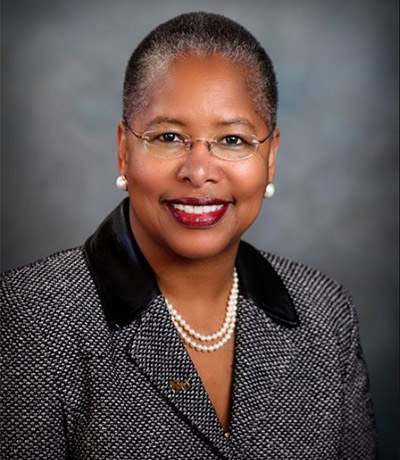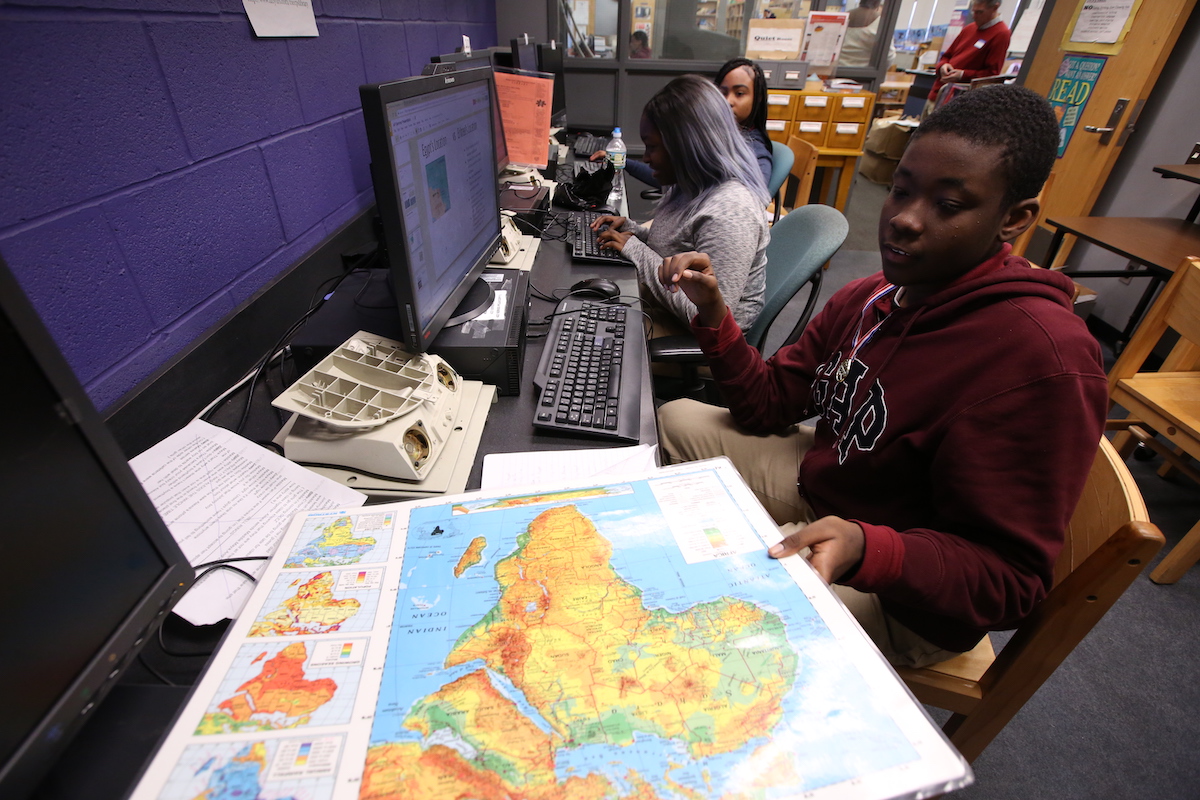An advanced placement course developed largely at TC figures prominently in a Time magazine story on Black History Month and the nationwide Black Lives Matter at School Week of Action, across the country.
While students have learned about the same few historical figures such as Martin Luther King, Jr. and Rosa Parks with limited resources and perspective, writes author Olivia Waxman, there are “signs of change,” thanks to a nationwide educational effort inspired by the Black Lives Matter movement to incorporate black history studies in school curricula. Recently, state commissions have been empowered to oversee state mandates to teach black history in public schools, resulting in a growing number of texts and resources.
The Time story highlights the Advanced Placement (AP) pilot seminar on the African Diaspora, developed in significant part at Teachers College's Institute for Urban & Minority Education (IUME), as an example of the shift in focus and efforts to give students perspectives on black experiences worldwide. The seminar is the first AP course devoted to a part of global history for the most part obscured by the Euro-centric view of the world found in most textbooks.
[Read a story about the African Diaspora advanced placement seminar pilot at Medgar Evers Preparatory School in Brooklyn.]
Developed in partnership with the University of Notre Dame and Tuskegee University, the course is being piloted in 11 schools during the 2019-2020 school year, up from two in 2017-2018. “Data on the impact of learning African and African-American history are hard to come by, but there are already indications that new curricula are making a difference for some students,” Waxman writes.

Kassie Freeman, who played a key role in developing the seminar, and is Senior Fellow at the Institute for Urban and Minority Education at Teachers College and President of the African Diaspora Consortium. Photo courtesy of TC Archives.
One of the more impressive findings, supplied by Kassie Freeman, a Senior Fellow at IUME and President of the African Diaspora Consortium who played a lead role in developing the curriculum: last year, 80 percent of students — including under-performing students — in five schools that offered the A.P. African Diaspora pilot — passed the course.
